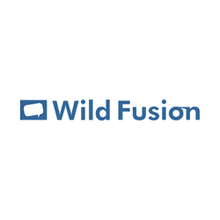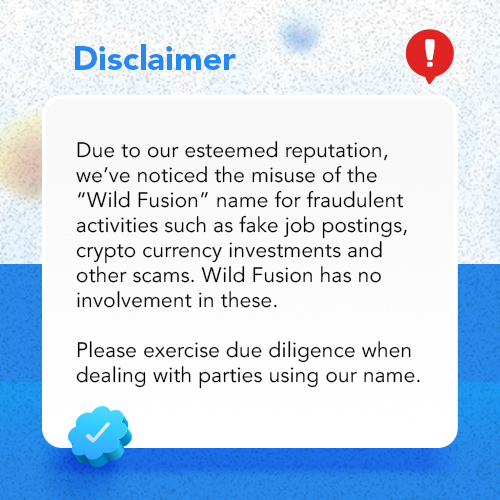If you are a digital marketing executive and have ever explored the Acquisition section of Google Analytics (I hope you have), you may have observed some irregularities in the landing page URLs under Direct Traffic. Does anyone really type addresses like “https://www.wildfusions.com/wild-fusion-launches-digital-training-centre/” into their web browsers? That is very unlikely. A huge chunk of this “direct” traffic is actually dark social. It is a trend with which every digital marketer must come to terms in 2017.
Coined by Alexis C. Madrigal, dark social is essentially website traffic that originates from sources other than direct traffic but is classified as direct traffic by web analytics tools. Dark social is different from direct traffic — when a website is accessed by typing a URL, such as https://www.wildfusions.com, or using a bookmarked link.
Why is dark social important?
Tracking where website visitors come from is one of the most alluring aspects of digital marketing.
According to RadiumOne, “84% of global social sharing happens via ‘dark social’ platforms such as email, copy-and-paste links in chat apps and texting. However, 90% of social marketing investment is on public platforms.” This opens up a whole new world of insights. Instant messaging apps like WhatsApp and Messenger, email and other mobile apps like Facebook are some of the most common sources of dark social traffic.
Dark social may offer a better understanding of a consumer’s real sentiment than public shares as the consumer might refrain from sharing publicly to avoid oversharing or to uphold a particular character or identity. The RadiumOne research also found that “46 percent of global consumers age 55 and older share only via dark social.” This figure shoots up considerably when certain industries are considered; for content related to careers and personal finance, dark social accounts for 83% and 70% of social shares respectively. Ponder that for a second. It is astonishing.
“46 percent of global consumers age 55 and older share only via dark social.
Finding and measuring dark social.
For any online publisher, the importance of understanding where their visitors originate cannot be overemphasized. That is why digital marketing is so attractive in the first place.
These are some ways to track dark social traffic and gain insights from consumer activity:
- Link shorteners — A simple way to start measuring dark social is by using URL shorteners like Google URL Shortener and Bitly. Shortened links look more refined to consumers and make public sharing more appealing.
- Social buttons — By clearly displaying share buttons of important platforms on all your content, consumers are more likely to use these buttons as they simplify shareability. It also helps to clearly distinguish share buttons from social follow buttons.
- Google analytics — Going back to analytics, the assumption is that anyone landing on the index page of a website constitutes direct traffic. To know how much direct traffic is actually dark social, filter the traffic by segmenting long URLs from short ones.
Dark Social is here to stay. According to Wild Fusion’s Q2 research in Nigeria on the local consumer’s path to purchase, 50% of surveyed respondents prefer to share product feedback in their circle of influence and on brand websites.
For most people, their default method of conversation with their circle of influence is within instant messaging apps and not on social media main street. By creatively tracking and measuring dark traffic, digital brand managers can create more campaigns that thrive both on and away from Dark Social.
Do you have other perspectives on Dark Social and how brands should treat it? Let’s talk in the comments.
—
This article was written by Osareren Ihaza. Osas is a Digital Marketing Professional passionate about helping organisations grow and remain on the cutting edge through the use of innovative marketing technology.
Featured image by Paul on Unsplash. Adaptation by Gbenga Onalaja






